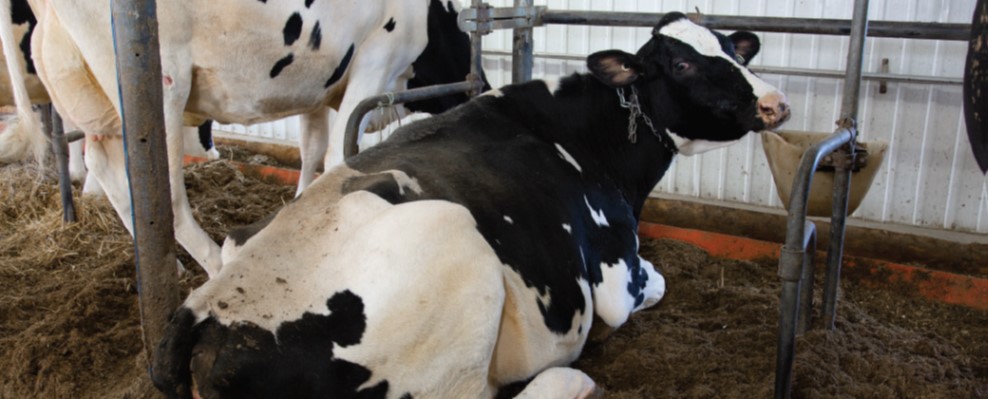Publications
Recycled manure solid for bedding in dairy prodution: environmental analysis

- Publication date : 2019-07-15
Reference
Brassard, P., Godbout, S.*, Mannai, H. & Fournel, S. (2019). Recycled manure solid for bedding in dairy production: environmental analysis, Vancouver, BC, Canada, 14-17 juillet 2019.
Additional information
Keywords
Lait Fumier Environnement
Abstract
Increased costs and reduced availability of common bedding materials have prompted Canadian dairy producers to search for alternatives such as recycled manure solids (RMS). A few studies have been done to understand and characterise the use of RMS as bedding. However, no research work has been done to study the global environmental impact of this practice. Therefore, the present study aimed to compare the environmental impact of two typical dairy farms using RMS and straw beddings. Based on the life cycle assessment approach, the following activities have been considered: straw recovery, manure management, fabrication of RMS and spreading of manure and fertilizers in the field. Three impact categories have been evaluated: climate change (kg CO2e cow-1 year 1), eutrophication (kg SO?2e cow-1 year-1) and acidification (kg PO4-e cow-1 year-1) potentials. The difference between the two farms for the two last impact categories is negligible. Globally, the greenhouse gas emissions from the RMS scenario are slightly lower (-120.2 kg CO2e cow-1 year 1) than the standard one using straw bedding. This difference is mainly due to the separation process allowing to remove volatile solids from the liquid fraction. Consequently, the methane emissions from the storage are lower. In the present study, the dairy productivity that could be modified due to a change of bedding type has not been considered.


